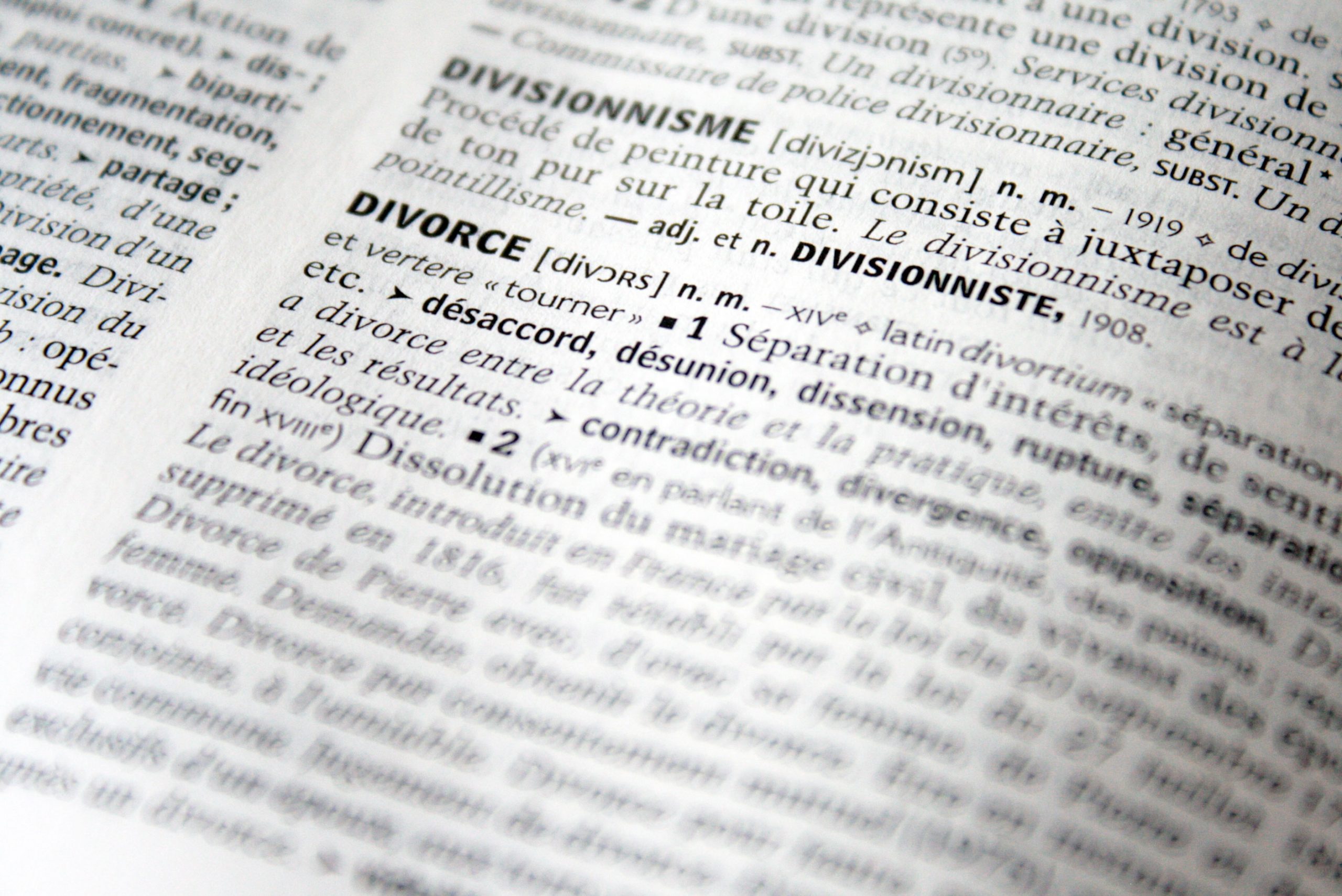Managing a marriage is not always easy. However, the safest way to anticipate any problems in most couples is to take out insurance. There are different types of insurance. Insurance is a savings vehicle in which one party pays a lump sum to another party to safeguard their future in case of problems.
Our article will discuss the outcome of the insurance contract after a divorce.
What exactly is life insurance?

Life insurance is subject to a contract. It is a means of investing funds by which the future of both married spouses will be guaranteed in the event of death. It can be in the form of:
- Savings
- Additional income
- Anticipation of retirement
- Transmission of patrimony
Life insurance can be distinguished into two types:
- Insurance in case of death
- Insurance in case of life
Impact of divorce on life insurance depending on the form of marriage
Let us note that marriage can be presented in many ways according to the matrimonial regime.
1. Marriage subject to the regime of community of acquests
This is the most common form of marriage in France, with a rate of between 70% and 80%. It includes the consensus of marriage without a contract. For this type of marriage, the money paid into the insurance will be part of the common property to be divided later. The origin of the payment can be in two ways:
From a personal fund
In this case, the money paid by one of the spouses will be their due upon divorce. Generally, the life insurance policy was opened well before the marriage.
From a joint fund

For this alternative, it goes without saying that the contract was subject to insurance after the marriage. Therefore, the spouse who took out the contract will get half, and the rest will be given to the other after the divorce. The money will be considered as common assets called “acquests”.
2. Marriage subject to the regime of universal community with a clause of integral attribution
In this case, the consent of both parties is mandatory. Their choice implies that the assets paid out will be divided into two equal shares. This clause will be respected regardless of the nature of the payment (personal or common fund).
3. Marriage is subject to the regime of separation of property
In general, this type of marriage is very simple because all the property of both spouses will always be theirs, whether before, during, or after the wedding. The insurance contract will then be specific to each of them, and the money paid out will come from both spouses’ funds.
The beneficiary clause
The beneficiary clause determines the beneficiary of the insurance in case of death. In general, life insurance is always granted to the spouse or children. However, the situation is quite different if the divorce is not finalized.
The legal beneficiary will remain the spouse if the policyholder dies. In this case, the clause is designated as “standard”. To anticipate the modification of the clause and the will, it is advisable to do so as soon as the couple plans to separate from allocating the life insurance to the children or other persons.
Therefore, the drafting of the clause must be very precise to avoid any subsequent dispute- joint membership of insurance contracts. Co-subscription allows several people to take out a single life insurance policy.
For spouses, its application depends entirely on the matrimonial regime imposed. It implies that the acts relating to the contract are carried out jointly by the two parties concerned. Thus, the money paid out will be common funds. In the event of a divorce, the complete redemption and division of the contract will be determined by the legal form of the marriage.
Remarks

It should be noted that each time you make a payment to the insurance company, you must specify the origin of the money and the purpose of the payment (own or joint fund). If the marriage is based on separation of property, it is preferable that the non-subscribing spouse does not pay into the other’s insurance but opens another contract for their account.
When the spouse is named as the beneficiary, they must consent. Therefore, the life insurance will automatically go to them whether the couple is divorced. Of course, they are free to refuse to benefit their children. And in this case, the clause will have to be modified before the divorce.
Currently, a law has been implemented:
- A life insurance policy taken out before January 1, 2005, implies that the spouse can be removed as a beneficiary.
- On the other hand, if the contract was submitted after January 1, 2005, the clause can no longer be modified if the person concerned has accepted to be the beneficiary
Sound off in the comments section below and tell us what you want to read next and if you want to read more about divorce.

